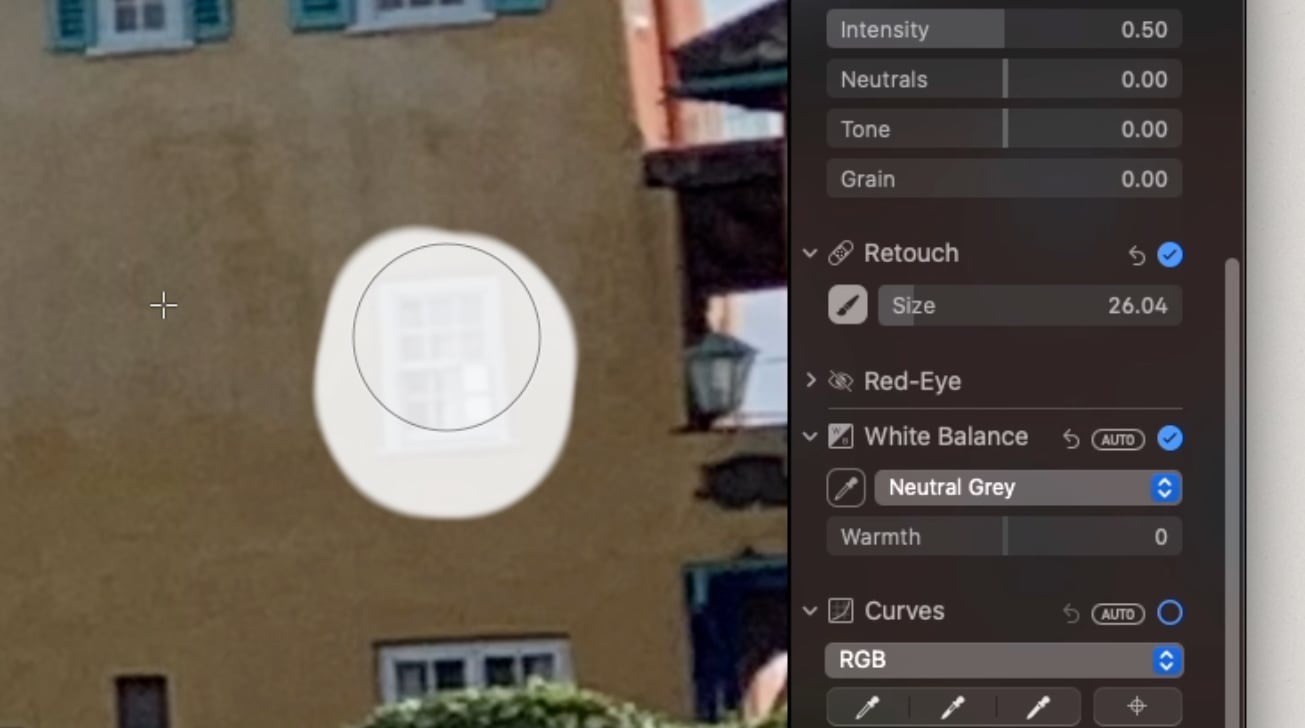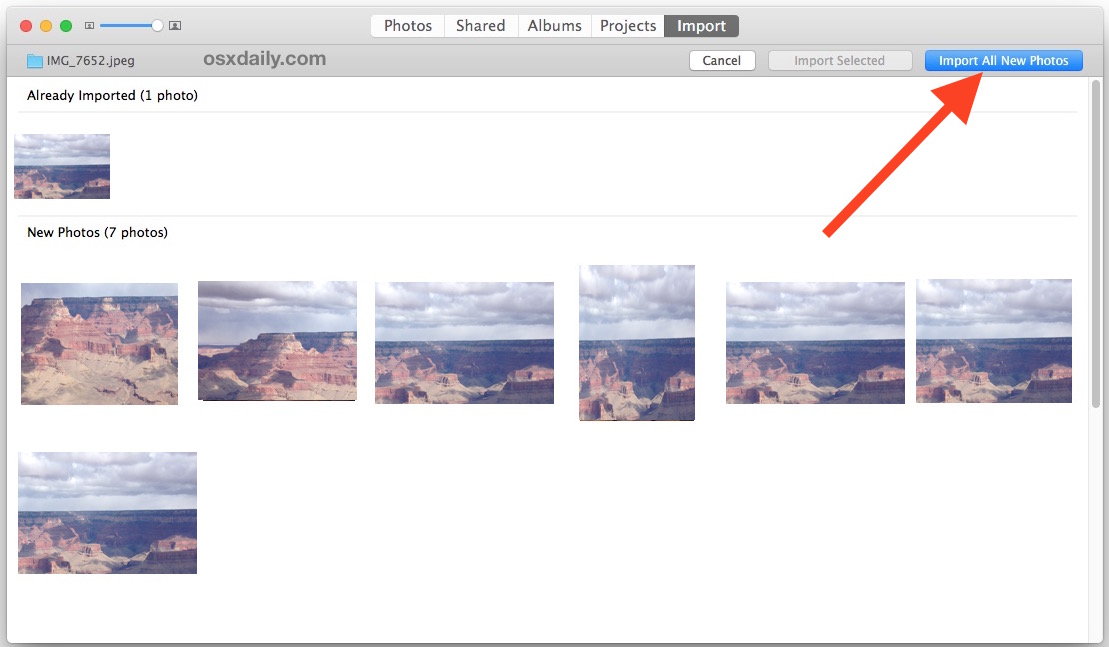- Photoshoot: Amateur Photography Mac Os Catalina
- Photoshoot: Amateur Photography Mac Os X
- Photoshoot: Amateur Photography Mac Os Download
You can also use shortcuts to save time. Ctrl+Shift+V in Windows and Command+Shift+V in Mac OS will paste your settings to the new image you opened. You can apply copied settings to another image in the Library module. Once you have copied the settings, choose one photo.
Managing a huge gallery and organizing photos is a tricky business, even if you’re generally tidy, so it’s always a good idea to use some help. Especially when there’s software out there designed specifically to deal with an overload of pictures.

- List of Amc - Free ebook download as Word Doc (.doc /.docx), PDF File (.pdf), Text File (.txt) or read book online for free.
- Find the best information and most relevant links on all topics related toThis domain may be for sale!
The only trouble with professional photo organizing software is that, much like any photo equipment, it’s painfully expensive. In this article we’ll suggest tools that tame your giant photo gallery without leaving a hole in your pocket.
Best photo manager apps for Mac reviewed
| Rating | Name | Features | Info |
|---|---|---|---|
| 1 | Gemini 2 | Best at keeping your photos cleaned up where they live. | Link |
| 2 | Photos | Organize your photos by album, people or places. | Link |
| 3 | Mylio | Syncs and organizes your photo library across all devices: Apple, Android, or Windows. | Link |
1. Gemini 2: The duplicate photo finder
The first step to getting your photos organized is to remove all of the duplicate or similar-looking images. Chances are when you take a picture, you don’t take just one; you take 15. All from different angles, maybe even with different poses. But rarely do you need or want all of them, so now they’re just taking up space on your Mac.
The easiest way to get rid of those files is to get a duplicate photo finder, Gemini 2. It scans your whole gallery and locates the duplicate or similar photos. Gemini 2 lets you quickly review and choose which pictures you want to delete. But the app also uses AI to select the best version of each image, and it will get rid of all of the copies with just one click of the Smart Cleanup button.
2. Photos: Best photo organizer on Mac
Here’s the biggest secret to good photo organization: master Photos. You might be thinking: seriously, is a native Apple app really any good? And you’d be surprised how much it is.
Since macOS Sierra, Photos has been getting makeovers and new features. In macOS Mojave, the app lets you organize content just by dragging-and-dropping it, and with Smart Albums, you can instantly group photos by date, camera, and even the person in them. At this point, it’s just a really good piece of photo management software.
3. Mylio: A free photo manager app
If you’ve been meaning to consolidate your photos in one place for years, Mylio will help you do just that. When you first start using the app, it offers to look for your photos on the current device, on an external drive, and even on your Facebook.
Once all the photos you’ve taken in your lifetime are imported, Mylio organizes into a variety of views. The coolest one is Calendar, showing you photo collections on an actual calendar. That way, you’ll quickly find the photos from your son’s first birthday, even if you forgot how you named the folder. Plus, Mylio offers a free mobile app, so you can access your photo library wherever you are.
4. Adobe Lightroom: Cloud-based photo editor and organizer
While Adobe Lightroom is probably best known as a powerful picture editor, it’s also loaded with tons of tools to help keep your photos organized. It stores your pics in the Adobe Cloud so you can access all of your albums and folders on another computer, phone, or even an internet browser.

One of the great things about Lightroom is that it makes non-destructive edits to your photos. So, you can revert back to the original image at any time, and you don’t need to create a duplicate just to preserve your picture.
5. Luminar: Organize and view pictures without importing them
If you have your pictures saved in various folders across your computer, then Luminar is the app you’ll want to check out. It shows you all of your photos without having to import any of them into a library. So you can start using Luminar in almost no time.
6. Adobe Bridge: Free photo library manager
You might be wondering why Adobe would make two separate photo managers. Aside from Adobe Bridge being free for everyone, it serves an entirely different purpose. Bridge is solely an image and asset manager. Unlike Lightroom, it doesn’t have any editing functionality.
So, what’s the point then? Where Bridge really shines is if you’re using other Adobe products, such as Photoshop or Illustrator. You can store and organize all of your pictures in Bridge and then open them in any Adobe program without creating a duplicate or searching through the thousands of files on your computer. Plus, Bridge offers a robust search tool making it a breeze to find the exact image you’re looking for.
Final word on photo management on Mac
Photoshoot: Amateur Photography Mac Os Catalina
There are basically two things you need to remember to bring order into your photographing life:
Photoshoot: Amateur Photography Mac Os X
- Before you get to organization and management, be sure to unclutter your photo library. The easiest way to do it is with a duplicate finder, such as Gemini 2. Otherwise you'll be rummaging around in thousands of photos you don't even need.
- Photos, the native photo manager on a Mac, can accomplish everything you need to make organizing photos into groups and categories easy.
- Third-party tools can provide you with added functionality that’s missing in native macOS tools, like calendar view or managing photos right in the Finder.
Now that you know all the secrets to photo organization, Mac photography shouldn’t be that hard or that expensive. Not when you’ve got the right tricks up your sleeve.